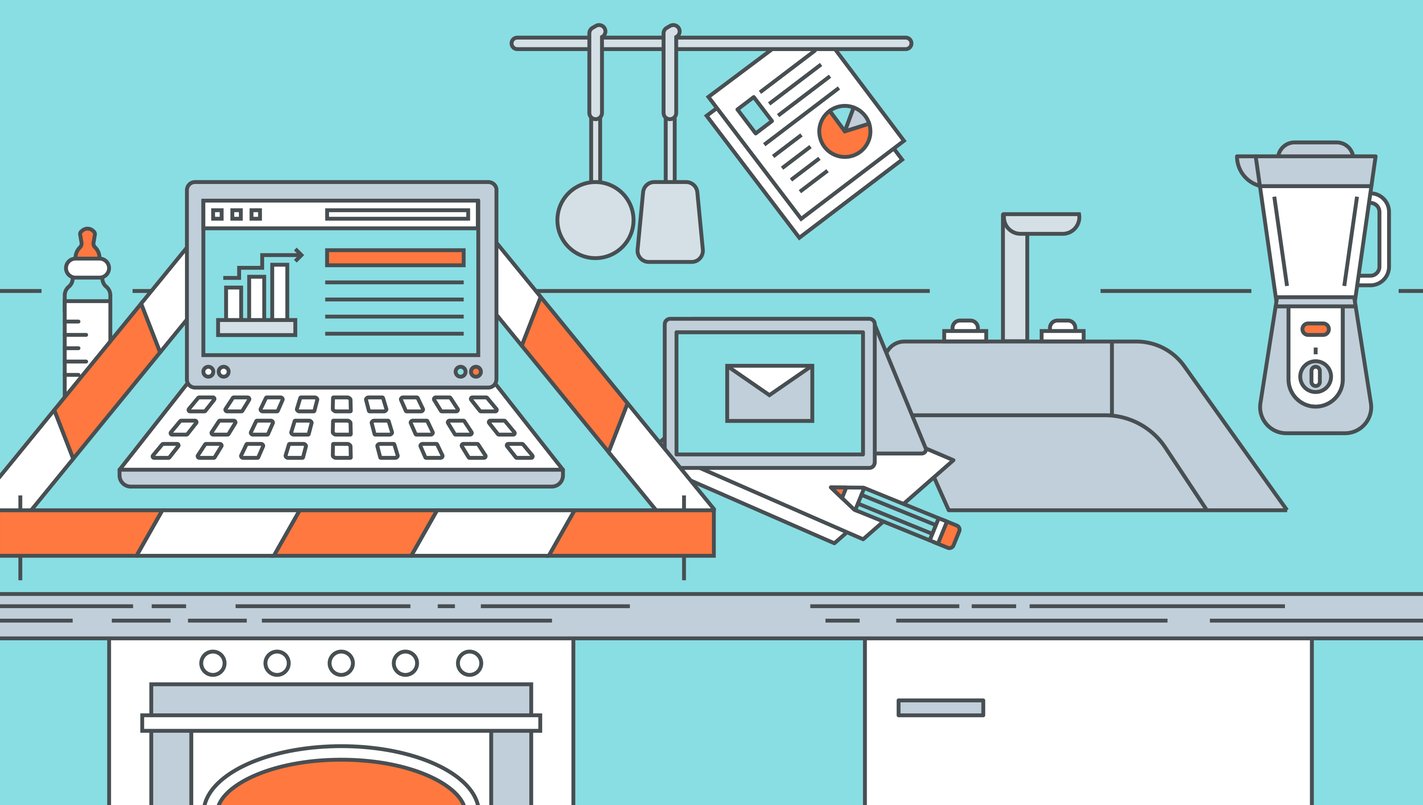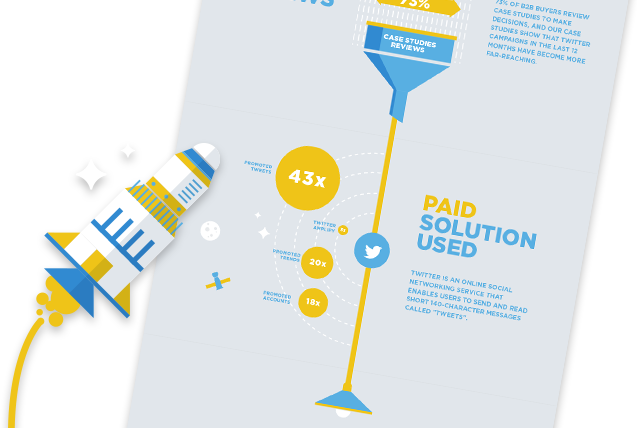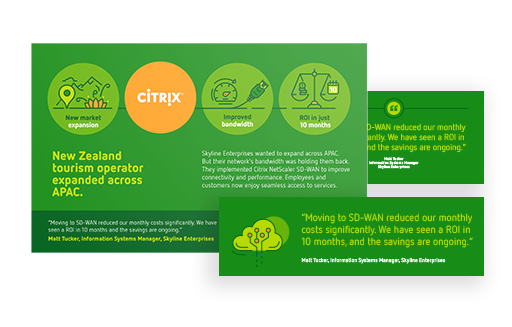 Away from sickness and back pain from air conditioning, social phobias from open space, office politics, unbearable boss: Whatever your motivation for working as a freelancer, go for it, we are on your side.
Away from sickness and back pain from air conditioning, social phobias from open space, office politics, unbearable boss: Whatever your motivation for working as a freelancer, go for it, we are on your side.
But don’t fool yourself that it’s gonna be just awesome.
While you may lose useless bureaucracy and meetings immediately, you will not automatically gain more time for work.
In fact, you’re likely to start off searching for work, and your social circle will worry on your behalf about whether you’ll be able to earn enough.
You won’t have to worry about colleagues and human contact. But you may have to worry about the new way of doing things; because if you used to get help from your senior colleagues, and delegate work to your junior colleagues, and use the lady from accounting to help you with taxes and the IT guy to fix your computer, now you will have to be your own director, accountant, assistant and postman.
How does one cope?
1. Stay human
Even though you need just 10 seconds to go from work to your kitchen, try to keep at least a bit of company culture.
Here’s our top tips to staying human:
- Don’t stay in your pyjamas.
- Try to separate your working place from the rest of your home.
- Also separate working time from cleaning time, hobbying or taking care of family.
- Take time for breaks and lunch time.
- Work on your relationships with your professional community.
- Enjoy the freedom of flexible working hours and work from 10pm to 4am if you want, but respect ‘regular’ working hours of others and keep your deadlines.
2. Have your way and your goals
Leave nothing to chance.
Even though you want a one-person business and don’t plan to set up an enterprise with 20 employees, work on you business plan and set some goals.
And if you go from full-time employment to freelance mode, we recommend having financial reserves for at least six months ahead.
A lot of freelancers struggle with productivity when they work from home. If this is you, check out the Freelancer’s Guide to Productivity.
3. Create and stockpile new projects
Right now you have enough contacts and projects to keep working and earn good money - great!
But consider the slow periods. Regularly investing time to plan new projects will serve as a reserve for slow periods. You can, for example, work on new ideas for your clients. Then, when you don’t have enough running projects, reach out to clients and work on some of those projects you have lined up.
It will also help if you try to balance your portfolio of projects in these terms: creative vs. routine, tender vs. client work, better paid, boring work vs. interesting, low paid work, irregular but intense jobs vs. small but repetitive jobs.
4. Delegate
Delegation, or outsourcing, can be hard for a lot of people, but it’s one of the most effective ways to get more work done, which means more work is possible, which leads to more income. It’s a win-win for you and for those you give work to!
Look for the less profitable phases of your work that steals more of your time than is fair and delegate!
5. Don’t get overwhelmed
It never hurts to find a mentor or ask for advice.
If you are a bohemian artist or technical person, it may be that researching, cold calling or dealing with potential clients are not your greatest strengths.
Is this something you could delegate, or is it a skill you need to learn? Find someone to help you before you get frustrated and do more harm than good.
Be your best self and discover 25+ ways how to be productive now.
Download our Freelancer's Guide to Productivity.
6. Stay on top of the finances
In every case have a signed contract with every partner - supplier or client.
Consider a good template from a lawyer which you can reuse. It will be a good investment.
Follow up on late payments promptly and don’t be afraid to politely remind the other party of the stated payment terms.
FreshBooks offers the same advice, plus some other tips here.
And, if you’re not sure if your rates are adequate to cover the work you do, there are lots of articles online to offer guidance.
7. Be careful with disappointment and unfulfilled expectations
Don’t promise your clients an easy process, especially if you’ve never worked with them before.
For a successful, productive and long-lasting cooperation the briefing process should see both sides focused and working hard from the beginning.
Make yourself available for meetings and proactively invite yourself if you consider it important and useful.
8. Play by a common set of rules
Help your clients understand that you have work time and free time too - and that you are not available for every ten-minute meeting they want just because they cannot send you a proper, detailed brief via email.
Also the client needs to know and respect that it is decency to provide feedback for all finished work, both positive and negative; and that it is fair to pay for drafts and unfinished projects or tenders.
9. Don’t stay in the background
Insist on personal presentation of your work to people who approve it. If it is not possible (but don’t give up easily, it is advantageous for both sides), try to at least authorize the presentation before it is presented to the decision makers.
During the presentation use the language of your clients.
Don’t be afraid to demonstrate that you are a professional who understands what you do and the importance of doing it properly to meet your client’s needs (otherwise they would do it themselves, right?) But be careful; leave your ego at home and don’t act arrogantly.
10. Keep communication flowing
During the time of your cooperation with your client work on improving your communication.
Don’t be afraid to regulate briefs if you as a professional don’t feel that it is right, good enough, or if you don’t feel it is a good fit for you and your skillset.
In case of personnel changes on the client side, remember to establish a good relationship with the new contact person as soon as possible. You increase the chance that she/he will want to see your work and continue co-operations already in place.
Finally
If you feel right about your freelance status, you are growing professionally, you are enjoying it and it works financially, we suggest you resist offers of full-time employment. They will come. And they will be tempting. Just remember why you started down this path in the beginning.
‘Away from sickness and back pain from air conditioning, social phobias of open space, office politics, unbearable boss…’






